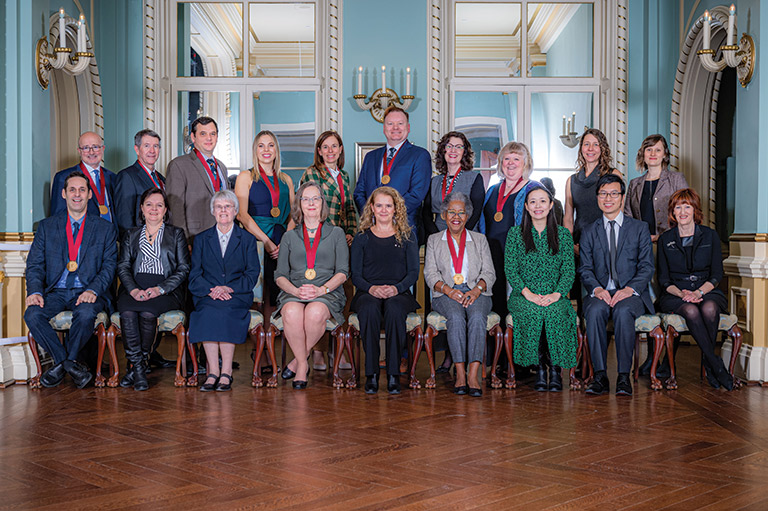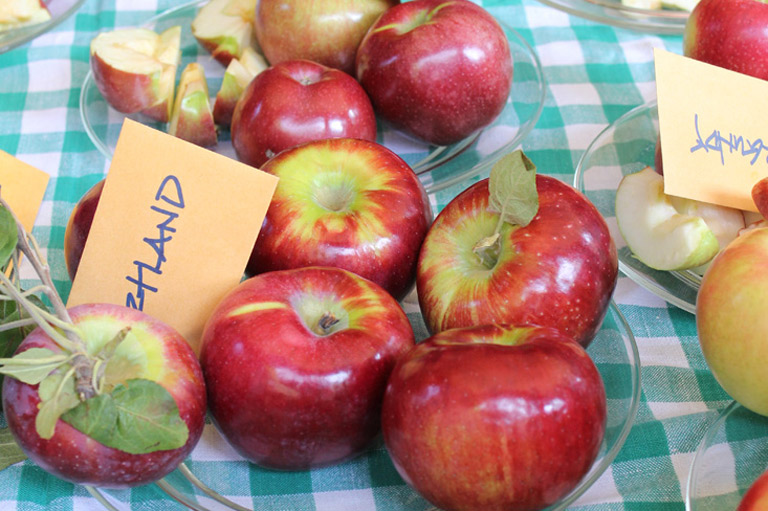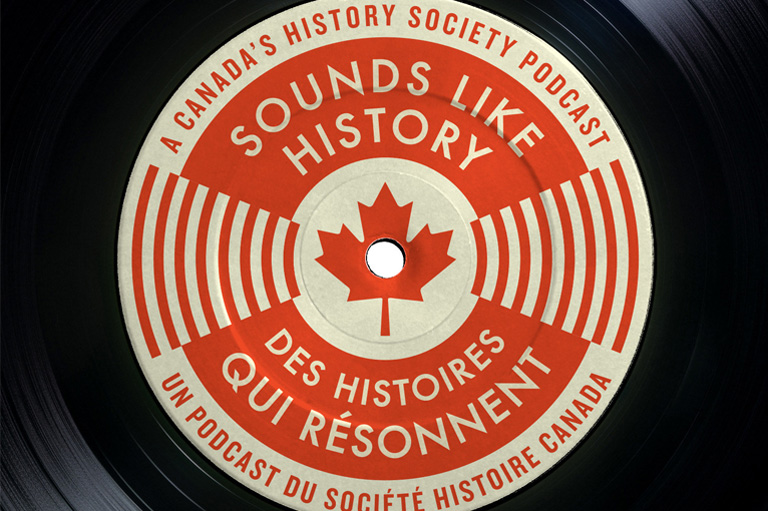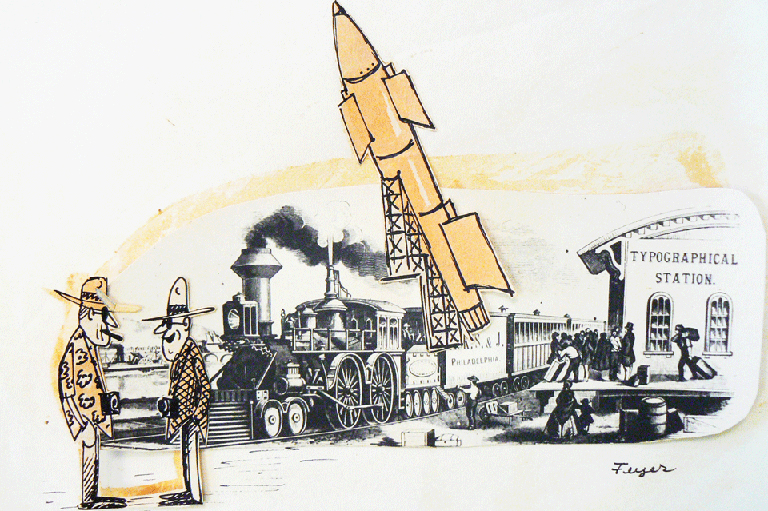The Revival of Newfoundland Folk Music
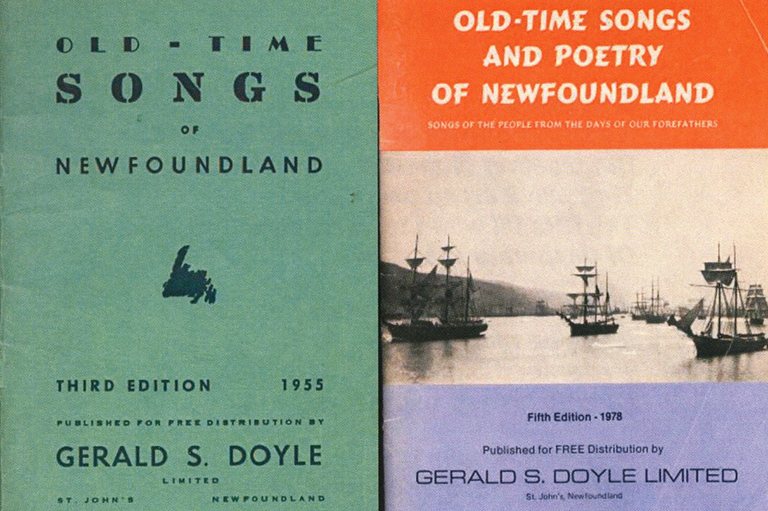
My project was a major research essay, written as part of the completion of my MA in Public History at Carleton University. The project explored the Newfoundland folk music revival that began in the 1950s and 1960s. I looked at the work of Kenneth Peacock, a graduate from the music program at the University of Toronto who originally intended to become a composer. Rather than compose, he instead travelled to Newfoundland over a ten-year period beginning in 1951, and recorded the traditional music that he found in the outports of the island. Peacock’s work provided an opportunity to examine the revival of folk music in Newfoundland from the perspective of the Mainland, rather than within the island.
Finding its roots in the late nineteenth century, bourgeois intellectuals from across Canada and the United States became interested in recording the traditional music of marginalized groups across the country who were considered to be disappearing cultures, such as Aboriginal groups and rural communities of European descent. Interest in collecting the traditional music from Newfoundland did not begin until 1949, when it formally joined Confederation, becoming Canada’s tenth province. Collectors such as Peacock saw the largely rural and isolated island as a rich repository of traditional European and British music. Newfoundland’s entry into Confederation officially marked it as an important centre for collection, before such musical traditions disappeared or changed beyond recognition.
Some collectors worked for the National Museum of Canada (now the Canadian Museum of History), and their recordings were retained by the Museum for preservation in its collections. Peacock began to visit the museum to listen to Huron recordings as inspiration for his composition work. He returned to the museum many times over the course of 1950, and built a strong relationship with with the head of the Folklore and Anthropology Department, Marius Barbeau, whose recordings Peacock had used, and who in turn held Peacock in high regard for his interest in the recordings. As a result of this relationship, Barbeau offered Peacock the job of travelling to the outports of Newfoundland to record the locals singing their traditional songs there for the Museum's collection.
The volume of songs that Peacock collected over the course of the decade did not just sit in the museum as recordings for preservation. In 1953 and 1957, Peacock hosted a multi-part lecture series on CBC radio in which he explained Newfoundland folk music thematically, discussing the history and origins of the songs, told stories of his time on the island and of his interactions with the locals, and played a selection of his recordings. The radio shows were intended to educate the Canadian public on the culture of the country's newest addition. Peacock also published a three-volume songbook collection in 1961 which became so popular among folk musicians, that it became a definitive resource for traditional music in Newfoundland by Newfoundland musicians interested in reviving the folk music of the island in the 1970s.
This project began with my personal experiences attending and enjoying the products of the Newfoundland folk music revival through popular bands such as Great Big Sea. I was able to attend a concert featuring the frontman of the band, Alan Doyle, while conducting this research, and was struck by the continued performance of this ‘traditional’ music. At one point, Doyle introduced a song in which he described having been inspired to write it by an artifact he saw — a ship’s gaff: the remains of one of Newfoundland’s fishing disasters — while touring Fogo Island.
Doyle’s performance that night represented the themes that I was grappling with in Peacock’s work. My experiences with this music were the result of individuals and institutions such as Peacock and the National Museum, collecting songs and distributing them to Canadians. When these same songs returned to Newfoundland musicians, it was in an effort to revive a cultural expression which was invented by Peacock and the National Museum as a representation of Newfoundland’s cultural essence, when in fact the collecting work of Peacock and his contemporaries was both selective and subjective.
This project began with wanting to explore my own relationship with music that I saw as traditional, representative, and yet was at the same time popular and resonated with a contemporary audience. Through the research, Peacock’s own hand in the creation of Canada’s conception of Newfoundland music and culture, through his interactions with locals and his subsequent performance of those interactions to the Canadian public allowed this story to become national, while at the same time remaining local, as it moved from Newfoundland, to Ottawa, and then back to Newfoundland, but still enjoyed in Ottawa by a diverse crowd of expat Newfoundlanders and their Mainland counterparts.
We hope you’ll help us continue to share fascinating stories about Canada’s past by making a donation to Canada’s History Society today.
We highlight our nation’s diverse past by telling stories that illuminate the people, places, and events that unite us as Canadians, and by making those stories accessible to everyone through our free online content.
We are a registered charity that depends on contributions from readers like you to share inspiring and informative stories with students and citizens of all ages — award-winning stories written by Canada’s top historians, authors, journalists, and history enthusiasts.
Any amount helps, or better yet, start a monthly donation today. Your support makes all the difference. Thank you!
Themes associated with this article
Advertisement
With 7 uniquely curated newsletters to choose from, we have something for everyone.

